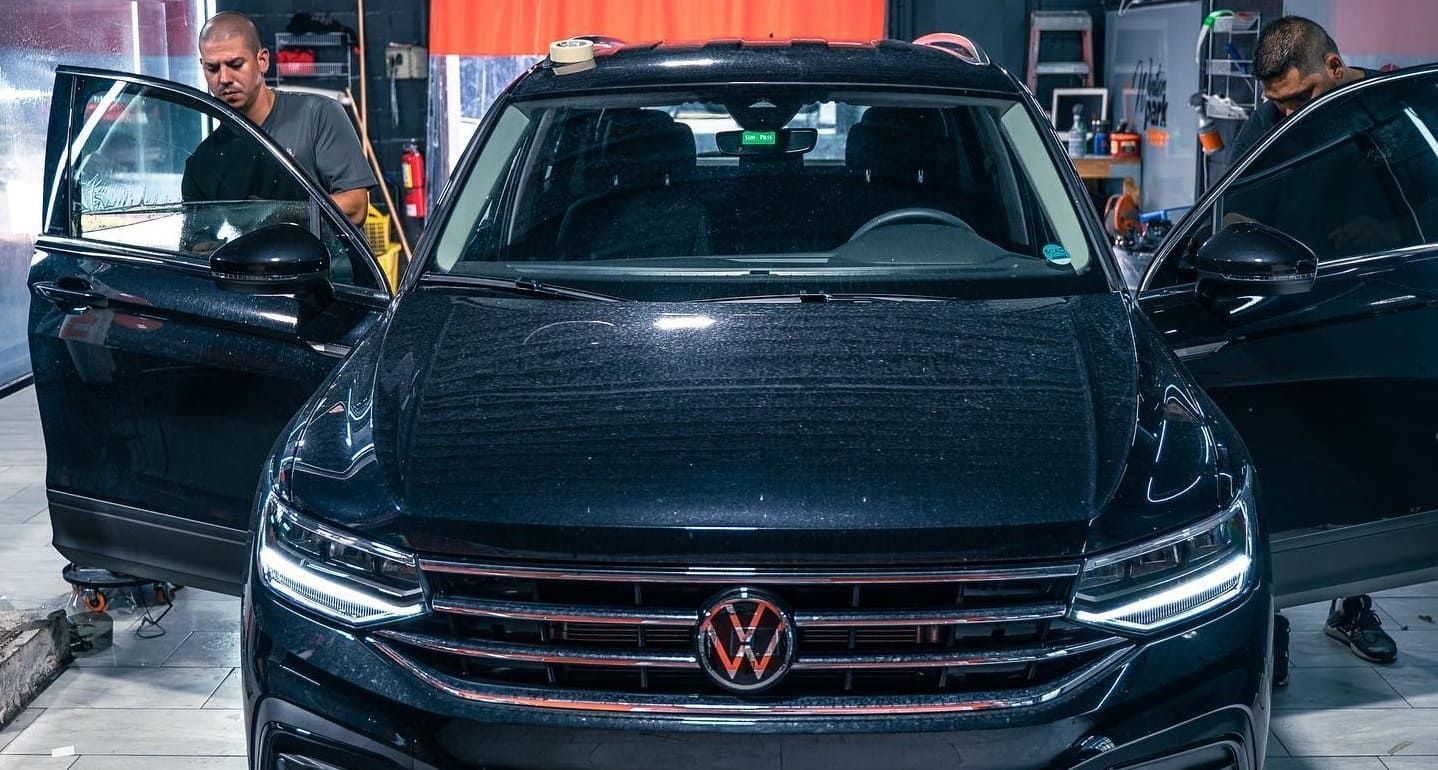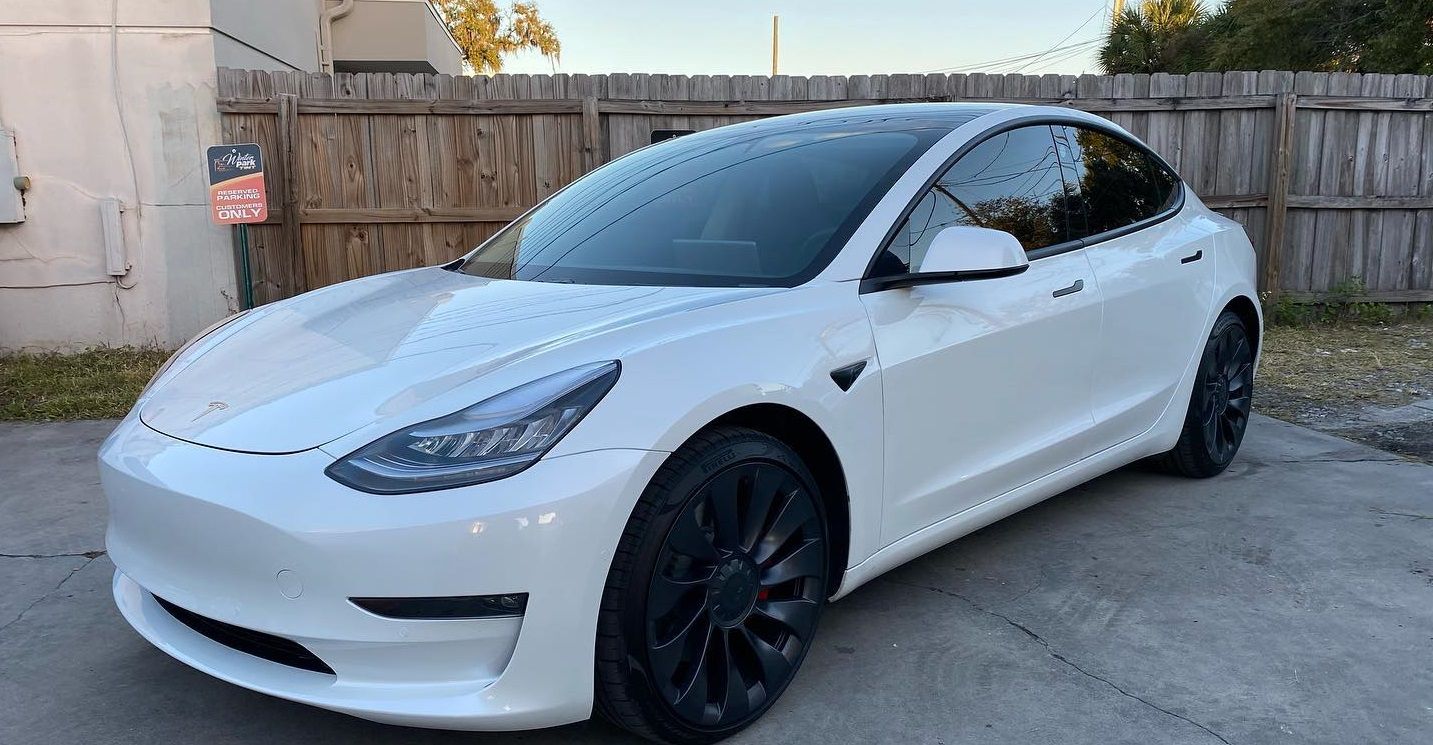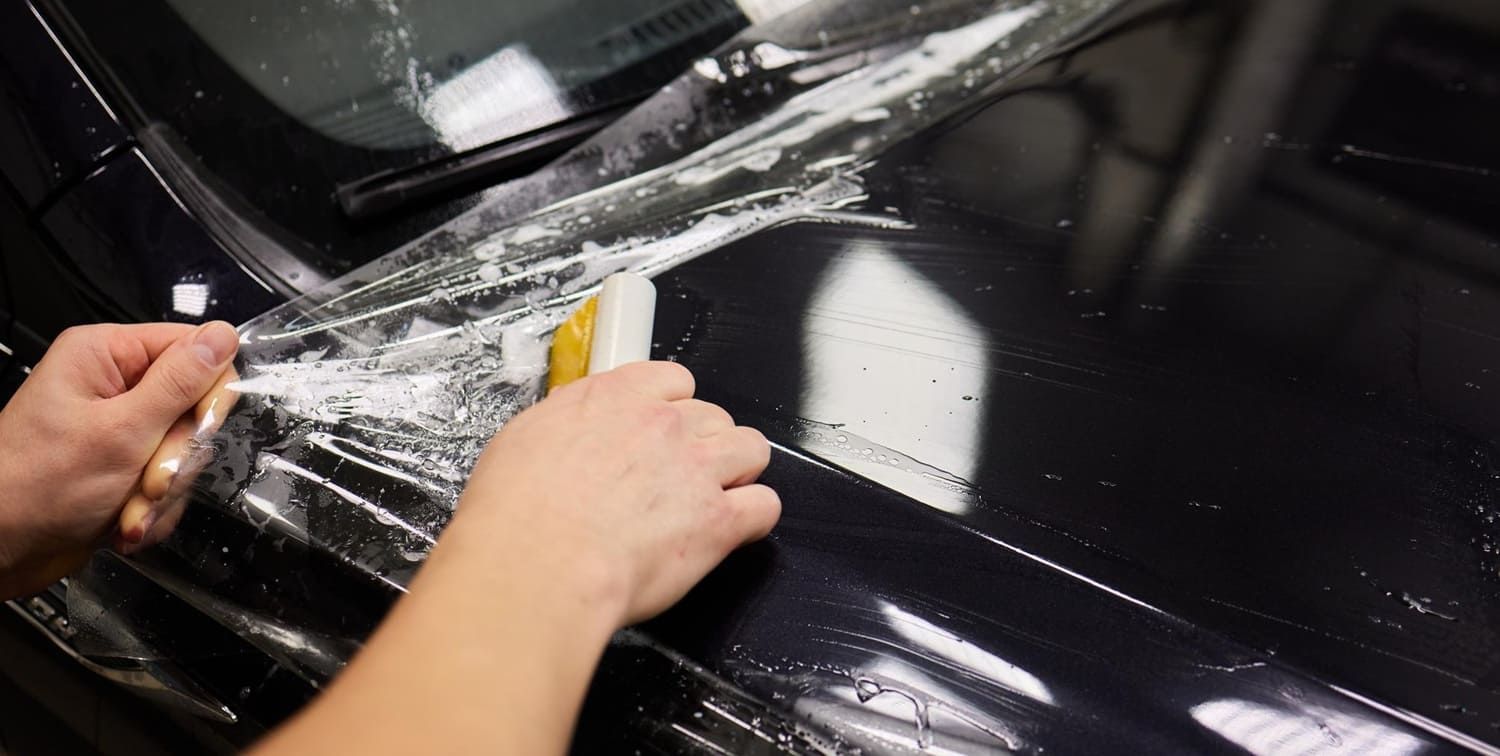Residential Window Tinting in Orlando: What You Need to Know
If you're looking to tint your Orlando home's windows and upgrade your life, there are some things you should consider. Learn about residential window tinting here.
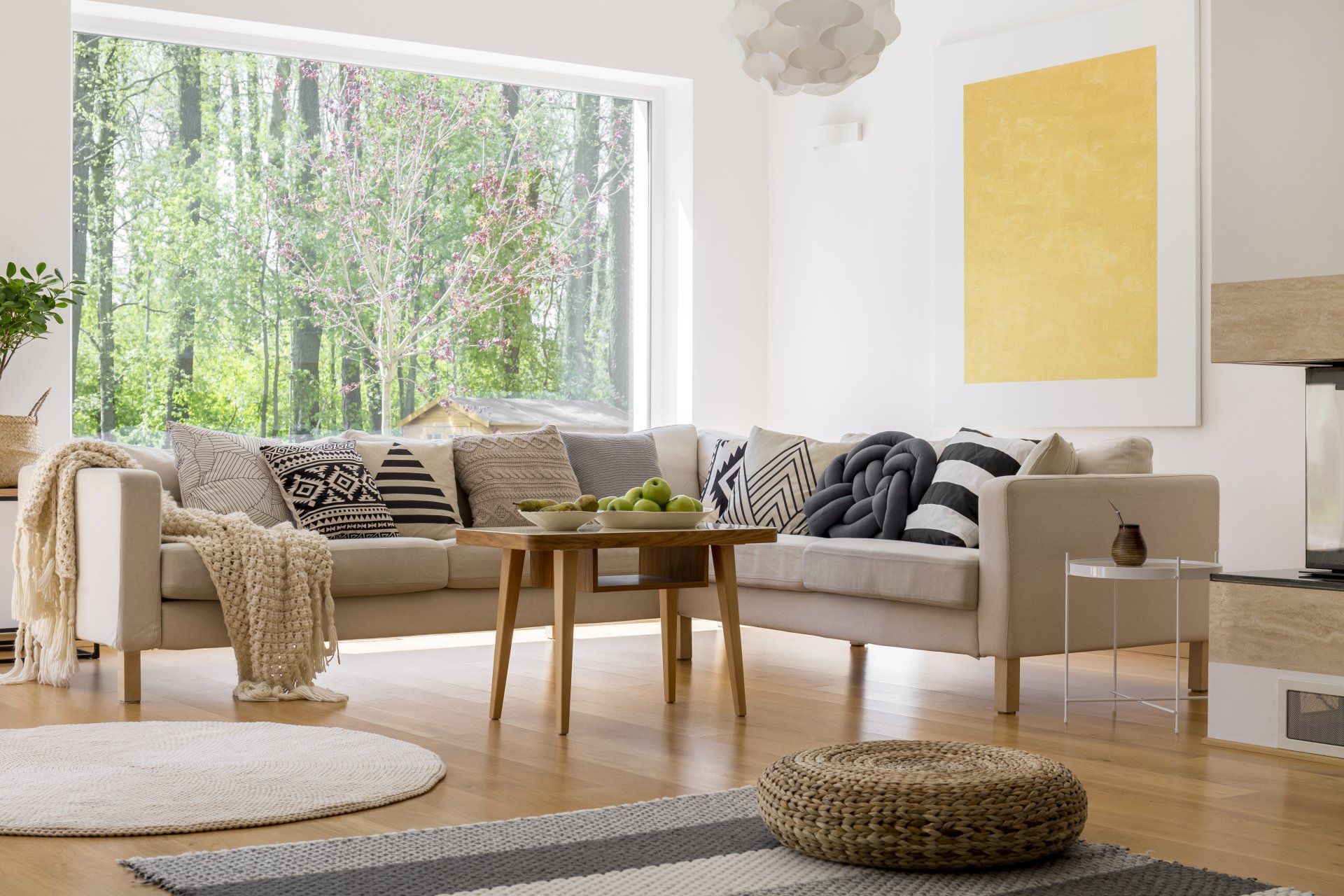
Here in Florida, we’re used to a little heat. From our record-breaking temperatures last spring to our muggy, hurricane-prone summers, most of us are no stranger to closing the curtains and hunkering down next to a fan.
But when it comes to keeping the heat at bay, most homeowners don’t factor in their window glass. The truth is, a simple upgrade to your windows can help you moderate your home’s temperature, block more UV radiation, and get a host of other benefits as well.
Residential window tinting is an easy way to keep the Florida heat outside where it belongs, but it’s not always a well-known tool to the average homeowner. If you’re new to the idea of window films, here’s what you should know.
What Is Residential Window Tinting?
Residential window tint, also known as “solar window film” or “residential window film,” is a tool that can alter the appearance and effect of your home’s windows.
As the name suggests, the tint consists of a very thin layer of film, often just millimeters thick. It consists of a few lightweight layers of a polymer called polyethylene terephthalate, which is the same material that comes in plastic water bottles. It also includes an external, scratch-resistant coating, and the inner layer is self-adhesive.
Because they’re designed to provide UV protection, these window tints also include a small amount of dye. The amount of tint used, also called the “window tint percentage,” will vary from product to product. Due to the clever construction, however, this dye won’t keep you from seeing through your windows: instead, it will keep anyone outside from looking in.
Why Should You Tint Your Windows?
There are a few key advantages to tinting a home's windows. We’ve hinted at some of them above, but let’s look at the most important advantages for most homeowners.
UV Protection
A survey by the International Window Film Association found that more than two-thirds of U.S. adults think the sun can’t damage their skin when it comes through their windows. However, this is far from true: UV rays still cause skin damage even indoors, and it can contribute to your risk of skin cancer. Fortunately, with residential window tinting, you can block up to 99.9% of all harmful radiation.
This protection also extends to your precious property. Over time, UV rays can damage artwork, furniture, flooring, and window treatments, which is why window tints are your best bet to stop this slow deterioration in its tracks.
More Energy-Efficient Windows
For many homeowners, the financial savings are a main point of interest when it comes to solar film. Residential window tinting helps to reduce the transfer of unwanted solar heat through your windows.
This, in turn, can help control the heat in your home—which is an absolute must during our scorching Orlando summers! With solar film, you can reduce the use of your air conditioner, which amounts to savings on your monthly energy bills.
Decrease Glare
In an age when more of us than ever are working from home, sun glare can be a major issue. With sunlight bouncing from your monitors and screens as you work, it can be hard to get things done. Residential window film can help cut back on these reflections, ramping up your home productivity.
Enhance Your Security
You might be surprised to know that residential window tinting can help improve your overall home security as well, in several ways. First, these window films limit visibility for potential thieves, making it hard for them to see into your home. Second, window tints make it more difficult to break your window glass, which can be helpful in the case of a break-in or a natural disaster like a tropical storm.
Do You Really Need Professional Installation?
Installing your residential window film is a quick and straightforward process—almost deceptively so. The simple steps tempt many homeowners into thinking the job is an easy DIY task. However, these customers often find themselves with poor results!
An expert will clean and prepare the area, installing the film in a way that ensures its longevity and quality appearance. They can also cut and measure the film to exact specifications and place it without creating defects. In other words, to get a professional-looking window tint, you need to hire a professional.
What Else Should You Keep in Mind?
As you consider the pros and cons of installing window film in your home, there are a few other factors to keep in mind.
Cost
If you want to control the UV damage in your home while enhancing your energy efficiency, window tinting is your best bet. Even factoring in the cost of installation, you’ll pay far less than the cost of replacement windows or even other UV-protective window treatments while getting a wider spectrum of benefits.
Window Warranty
Keep in mind that installing window tinting may void the warranty of certain window brands. Check your manufacturer’s literature, reach out for professional advice, and decide whether the benefits of window film outweigh the fact that you’ll lose your warranty.
Window Tint Percentage
It’s worth noting that there’s a range of window tint percentages to choose from, so you'll need to decide how bright or dim you want to make your home. You may also decide to opt for a darker tint in certain rooms and a lighter one in others.
Keep the Florida Heat at Bay
If you’re ready to keep the scorching heat outside where it belongs, it’s time to invest in residential window tinting. The right window film can help you cool your home, protect your skin, and much more.
As you make your decision, our team at Winter Park Tint is here to help! Our pros have experience in everything from tinting car windows to installing paint protection film to tinting home windows. Contact us with any questions about residential window tinting, or get a free estimate today.
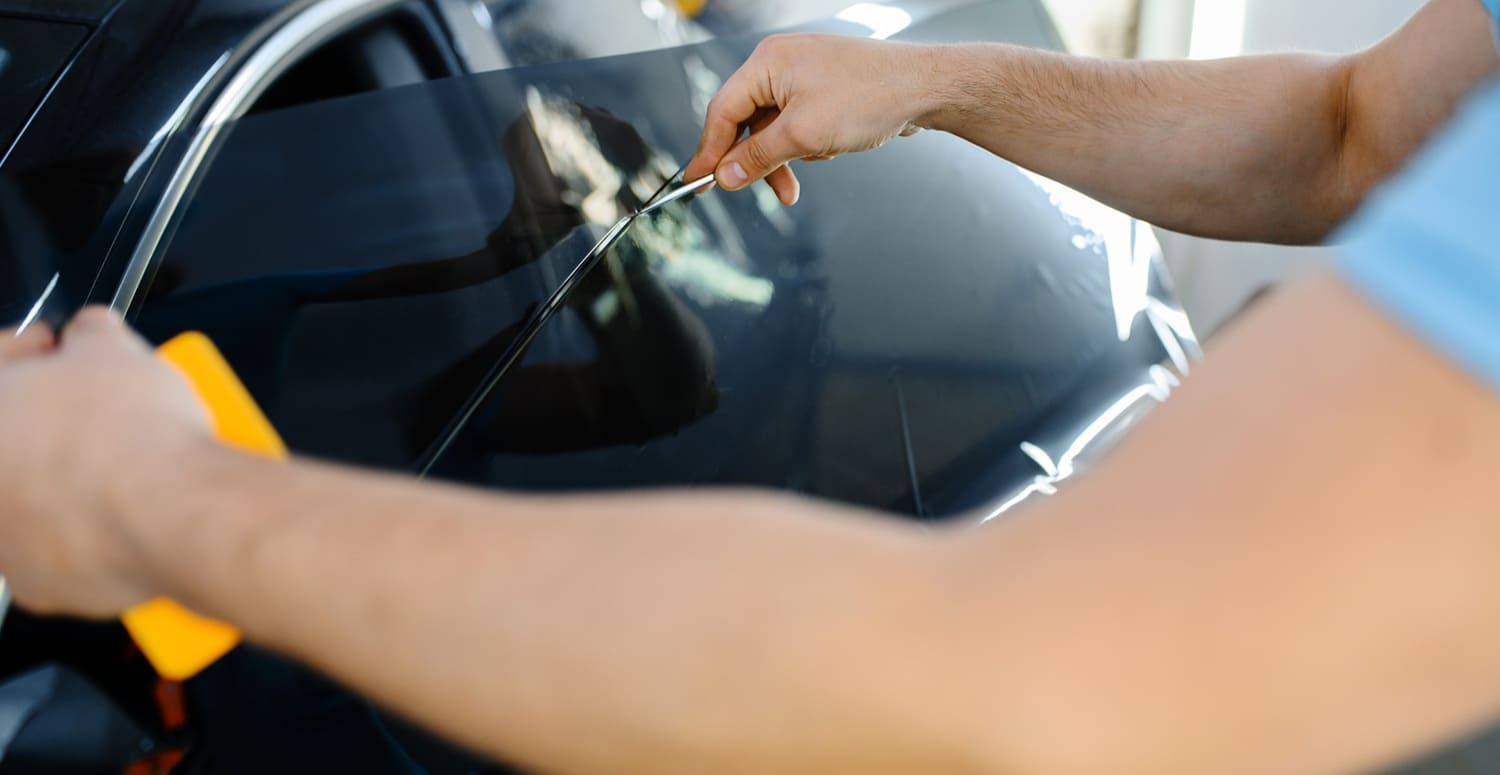


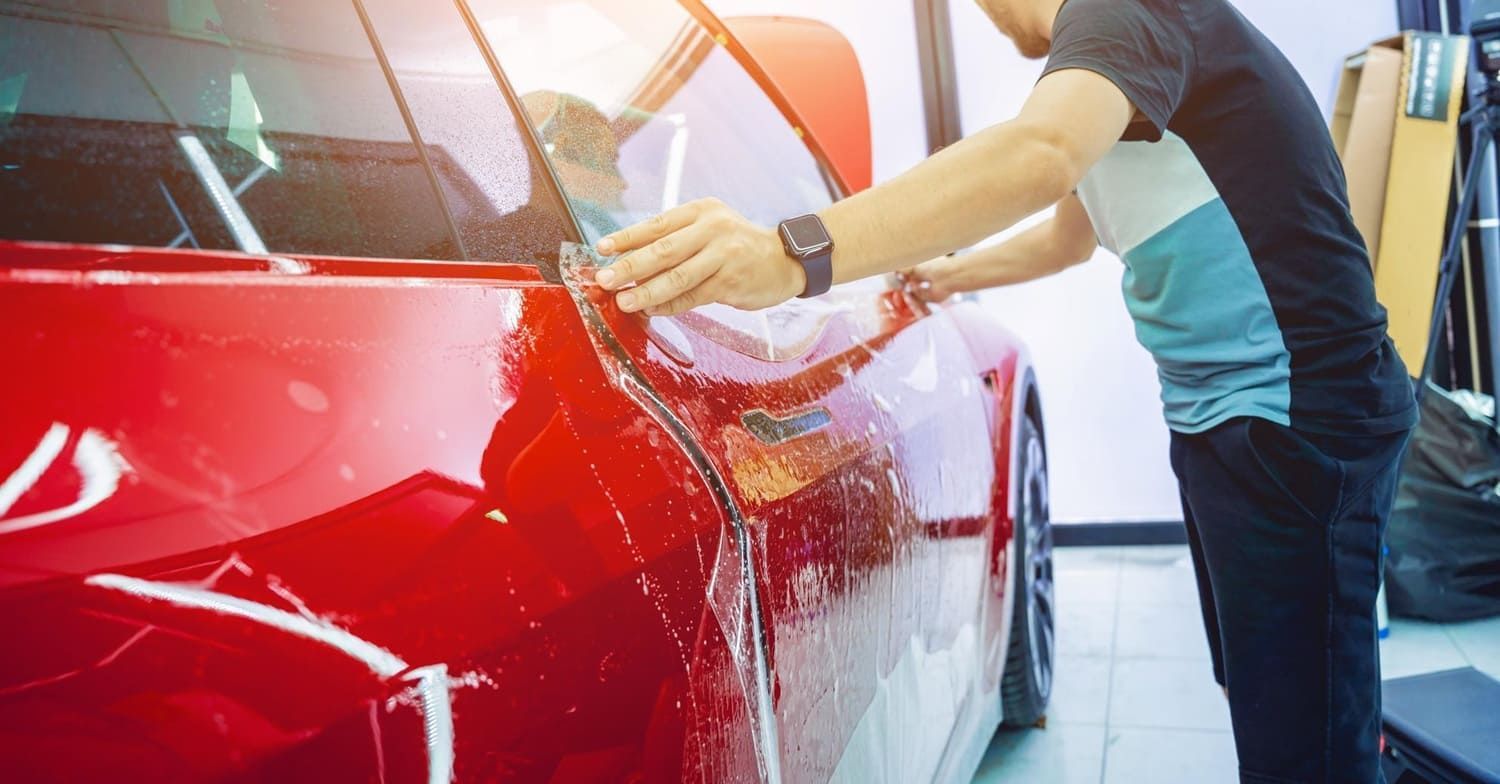

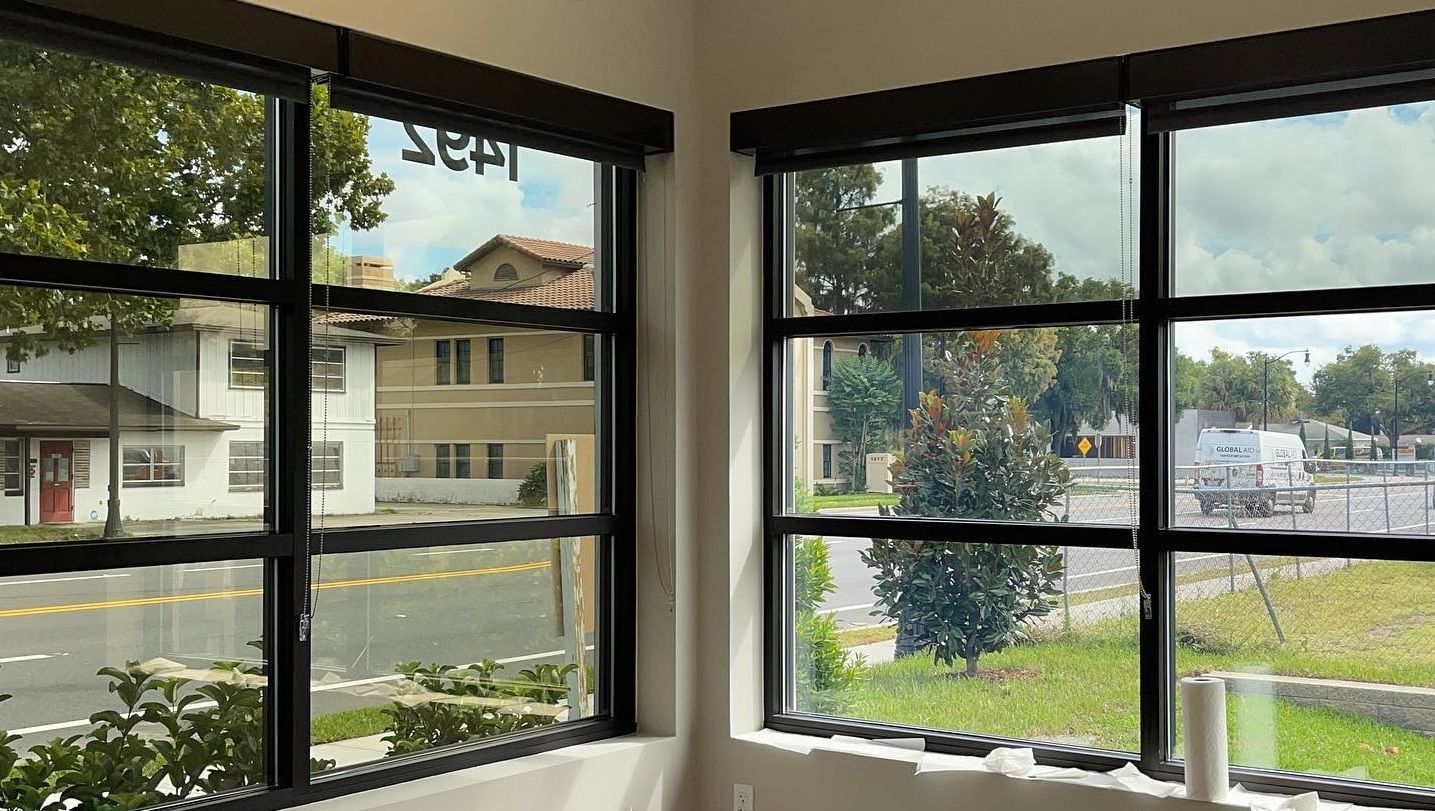
Winter Park Tint & Paint Protection
700 W Fairbanks Ave
Winter Park, FL 32789
Business Hours:
Monday - Friday: 9am to 5pm
Saturday - Sunday: CLOSED
All Rights Reserved | Winter Park Tint & Paint Protection



